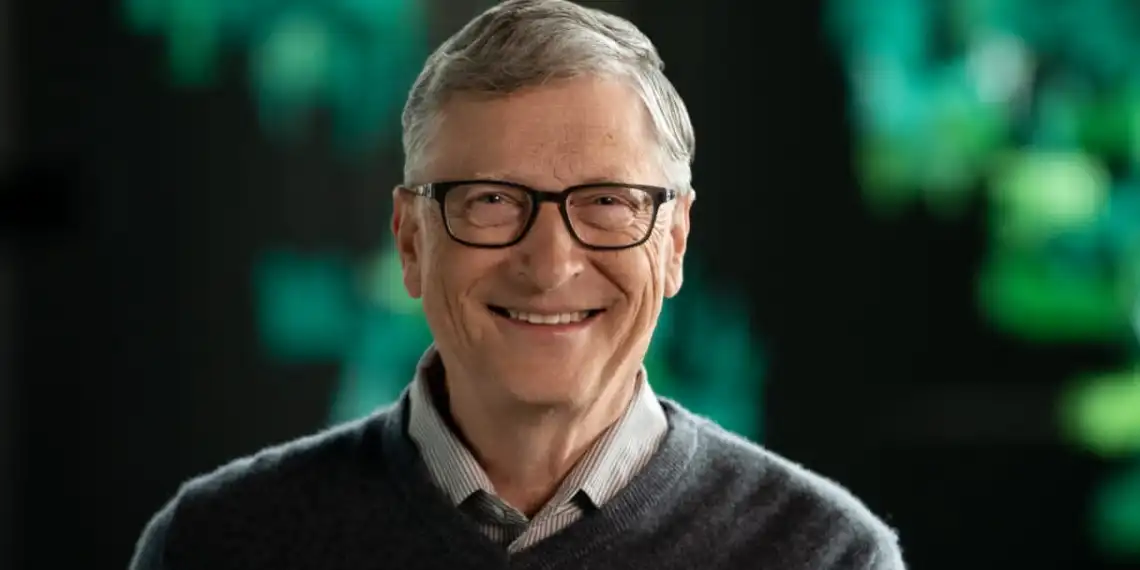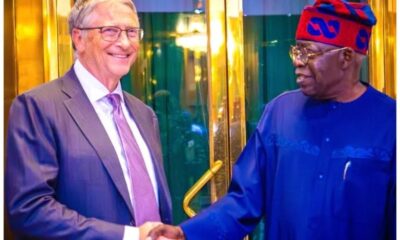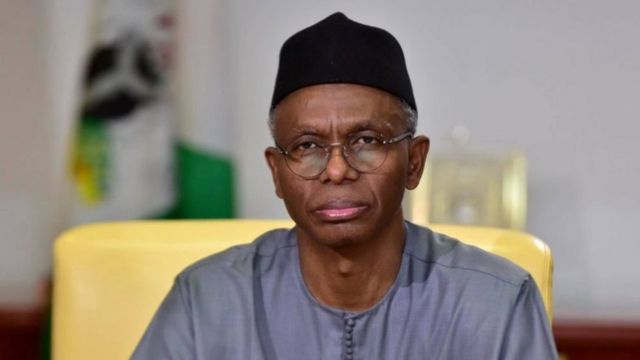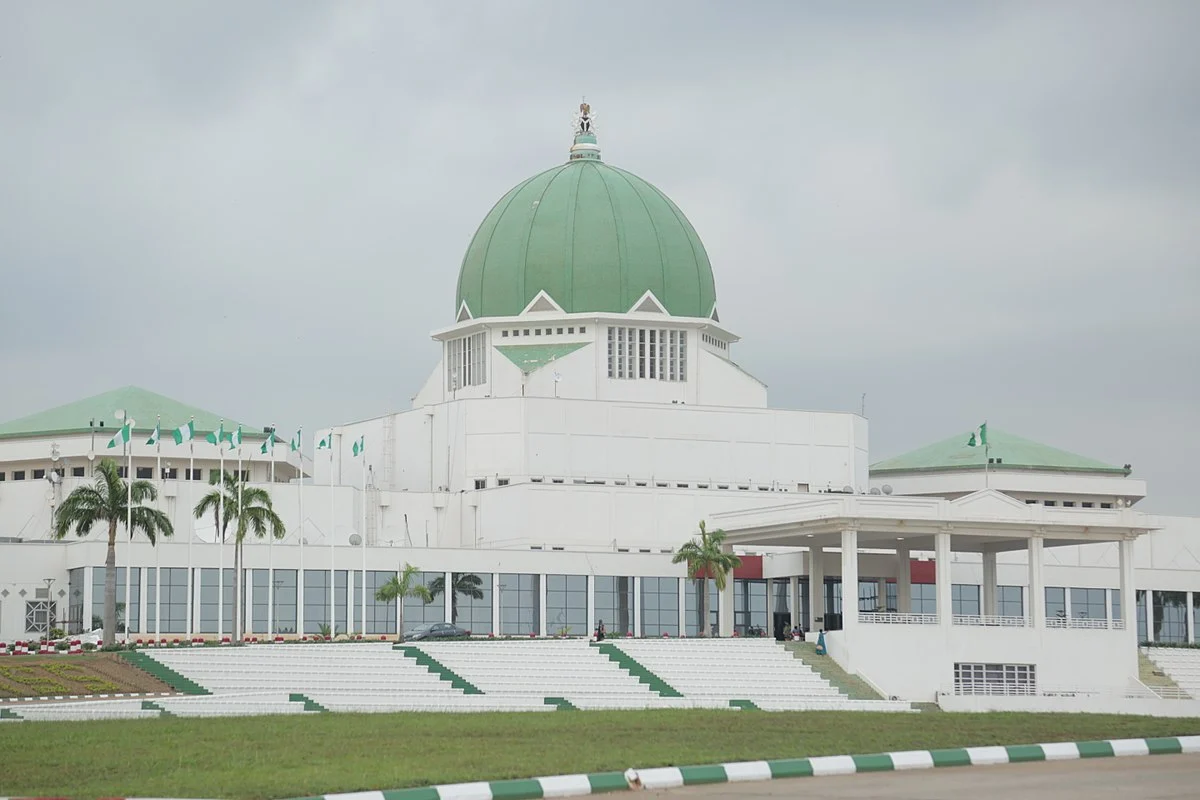Mr Gates particularly emphasised the importance of investing in primary healthcare systems, citing them as the foundation for broader development.
Billionaire philanthropist Bill Gates has announced that the majority of the $200 billion his foundation will disburse over the next two decades will be allocated to improving health and development in Africa.
On Monday in Nelson Mandela Hall at the African Union headquarters in Addis Ababa, Ethiopia, Mr Gates, the chair of the Gates Foundation, emphasised that Africa would receive the largest share of the funding, citing the continent’s potential and the urgent needs.
“I recently made a commitment that my wealth will be given away over the next 20 years. The majority of that funding will be spent on helping you address challenges here in Africa,” he told the audience, including African leaders, health professionals, youth representatives, and development partners.
Mr Gates praised African governments that prioritise the health and well-being of their citizens and called for more investment in primary healthcare.
Local innovation
“Investing in primary healthcare has the greatest impact on health and wellbeing,” he said, noting that strong maternal and child nutrition support in the early years of life helps break cycles of poverty and disease.
On Sunday, Ethiopia’s Prime Minister Abiy Ahmed awarded Mr Gates the country’s highest state honour for 25 years of the foundation’s work in key development sectors.
Throughout his speech, Mr Gates highlighted how countries like Ethiopia, Nigeria, Rwanda, Zimbabwe, Mozambique, and Zambia are already showing what is possible when bold leadership meets innovation.
He pointed to initiatives such as scaling up frontline health services, using data to reduce child mortality, and deploying advanced tools against malaria and HIV.
Mr Gates particularly emphasised the importance of investing in primary healthcare systems, citing them as the foundation for broader development.
“With primary healthcare, what we’ve learned is that helping the mother be healthy and have great nutrition before she gets pregnant, while she is pregnant, delivers the strongest results,” he said.
“Ensuring the child receives good nutrition in their first four years as well makes all the difference.”
AI in healthcare
Mr Gates also spoke about the transformative potential of artificial intelligence, noting its relevance for the continent’s future.
“I’m seeing young people in Africa embracing this and thinking about how it applies to the problems that they want to solve,” he said.
Referring to Africa’s mobile banking revolution, he urged leaders to now imagine AI being woven into healthcare and governance systems.
He noted that Rwanda already uses AI-enabled ultrasound to detect high-risk pregnancies earlier, helping women receive timely, potentially life-saving care.
In Nigeria, Mr Gates is scheduled to meet with President Bola Tinubu later during the week and participate in a “Goalkeepers Nigeria” event focused on scaling innovation, where discussions are expected to touch on Nigeria’s primary healthcare reform agenda and national AI strategy.
This visit follows the Gates Foundation’s announcement in May that it will spend $200 billion over the next 20 years to end preventable maternal and child deaths, eliminate deadly infectious diseases, and lift millions of people out of poverty.
Commitment to Africa
Africa has been a central focus of the Gates Foundation’s work for over two decades. Since opening its first office in Ethiopia 13 years ago, the foundation has expanded to Nigeria, South Africa, Kenya, and Senegal.
During this time, it has supported over 100 innovations and helped save more than 80 million lives, largely through partnerships with Gavi and the Global Fund to fight AIDS, Tuberculosis, and Malaria.
Following his address, Mr Gates joined a fireside chat with Paulin Basinga, the Gates Foundation’s Africa director, where both men discussed how governments can work more closely with local innovators to solve challenges.
Other speakers included the Director-General of the World Trade Organisation, Ngozi Okonjo-Iweala, and UN Deputy Secretary-General Amina Mohammed.
In her remark, Mrs Okonjo-Iweala praised African governments for driving progress in public health and development.
She emphasised that Africa’s health progress is a result of strong government leadership, resilient communities, and partnerships that deliver results.
Premiertimesng.com






















